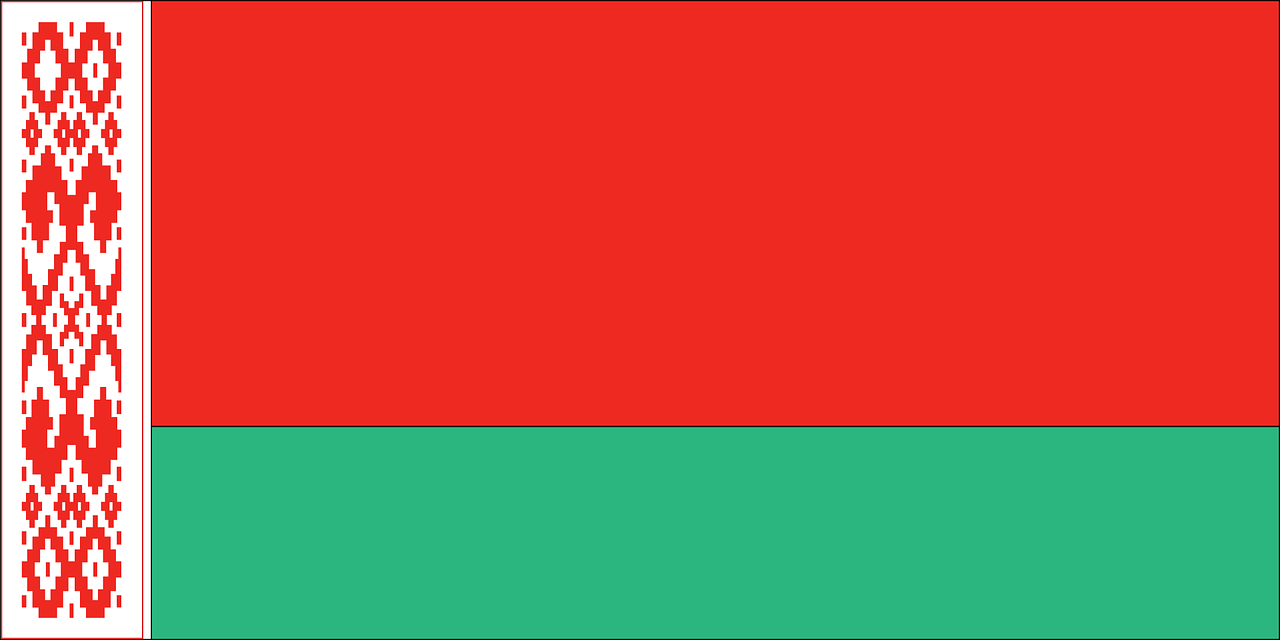Belarus, often called "Europe's last frontier," offers visitors a unique blend of Soviet-era architecture, pristine nature, and rich cultural heritage. This guide will help you plan your journey to this less-traveled destination.Visa Requirements and Entry
Before planning your trip, understand that Belarus has specific entry requirements: - Most visitors need a visa, though Belarus offers a 30-day visa-free regime for citizens of many countries when entering through Minsk National Airport - You must have valid health insurance covering your stay - Register with local authorities within 5 days of arrival (most hotels handle this automatically)Getting There
The main gateway to Belarus is through Minsk National Airport (MSQ). Currently, due to international restrictions, flight options are limited. Available routes include: - Flights through Moscow, Russia - Direct flights from Middle Eastern hubs - Some connections from other CIS countriesBest Time to Visit
Belarus experiences four distinct seasons: - Summer (June-August): Warm and pleasant, ideal for outdoor activities - Fall (September-November): Beautiful colors and mild temperatures - Winter (December-February): Cold with snow, perfect for winter sports - Spring (March-May): Mild temperatures and blooming landscapesWhere to Stay
Accommodation options include: Minsk
- Modern hotels in the city center - Boutique hotels in historical buildings - Budget-friendly hostels - Apartment rentalsRegional Cities
- Local hotels in cities like Brest and Grodno - Agritourism farms in rural areas - Homestays in smaller townsMust-Visit Destinations
Minsk
The capital city offers: - Independence Avenue's Stalinist architecture - The National Library's unique design - Victory Square and its iconic monument - The trendy Oktyabrskaya Street art districtBeyond Minsk
- Brest Fortress: A powerful WWII memorial - Belovezhskaya Pushcha: Europe's oldest forest - Mir Castle: A UNESCO World Heritage site - Nesvizh Palace: Former residence of the Radziwill familyLocal Transportation
Getting around Belarus: - Extensive rail network connecting major cities - Comfortable intercity buses - Metro system in Minsk - Taxis and ride-sharing services in urban areasCultural Considerations
To better integrate with local culture: - Learn basic Russian phrases (the primary language) - Dress conservatively when visiting religious sites - Accept hospitality when offered - Remove shoes when entering homesMoney Matters
Financial considerations: - The local currency is the Belarusian Ruble (BYN) - Major credit cards are accepted in cities - Carry cash for rural areas - Exchange money at official banks or exchange officesSafety and Health
General safety tips: - Belarus is generally safe for tourists - Drink bottled water in rural areas - Keep photocopies of important documents - Have emergency numbers readily availableLocal Cuisine
Must-try Belarusian dishes: - Draniki (potato pancakes) - Machanka (meat stew) - Borsch (beetroot soup) - Kolduny (meat-filled dumplings)Communication
Staying connected: - Purchase a local SIM card for mobile service - Wi-Fi is widely available in urban areas - Download offline maps before traveling - Consider a translation appBest Practices
Tips for a smooth visit: - Book accommodation in advance - Carry your passport at all times - Keep visa documents accessible - Check current travel advisories before departureSustainable Tourism
Supporting local communities: - Stay in locally-owned accommodations - Purchase traditional crafts - Participate in cultural events - Respect environmental regulations Remember that travel conditions and requirements can change, so always verify current information before your trip through official channels or your country's embassy in Belarus.
A Complete Guide to Traveling to Belarus

🔖Tags:
Belarus Destination Travel